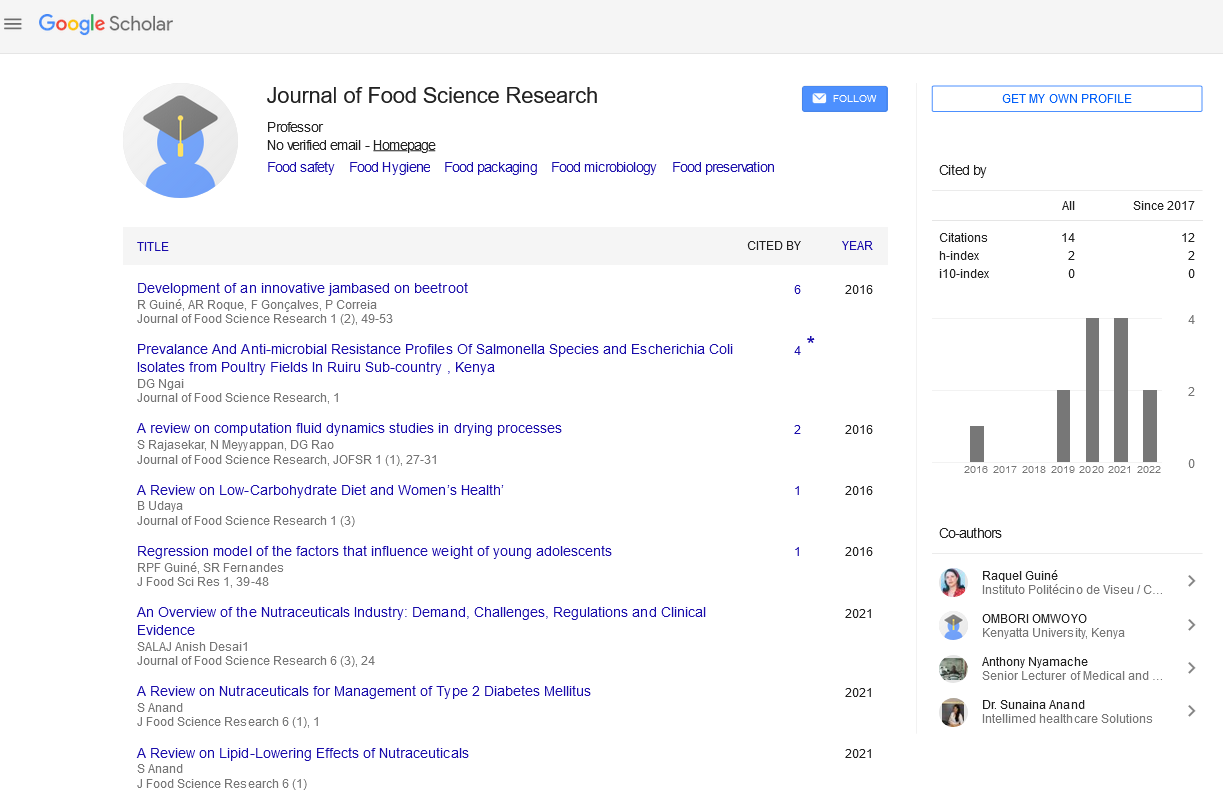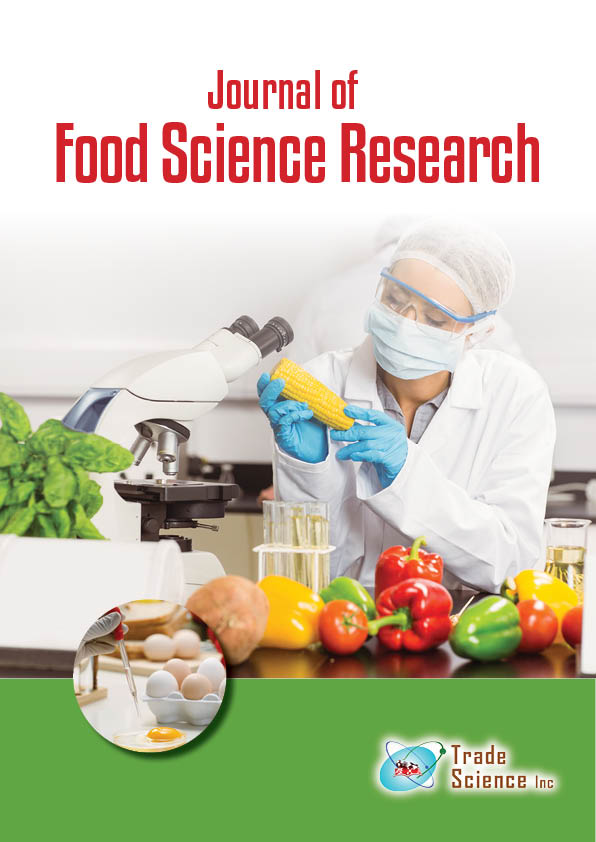Abstract
Endometriosis: The Role of Food and Supplements in Reducing the Severity of Symptoms
Author(s): Anne-Marijke Gerretsen,Endometriosis affects 1 in 9 Australian women, and 1 in 10 women around the world. The impact of the disease on the economy is estimated to be $78 billion in the US and $9.7 billion in Australia, due to a loss in productivity and healthcare costs. The disease causes endometrial tissue to adhere to organs outside the uterus, most commonly the ovaries, fallopian tubes, bowel, bladder and stomach, causing a range of debilitating symptoms with pain, bloating and constipation/diarrhoea and difficulty falling pregnant the most common ones. Endometriosis is generally treated with medication to suppress the pain (NSAIDs), hormone treatments to reduce hormone production and surgery to remove adhesions and endometriomas. For many women, these treatments don’t provide the relief they are looking for. A growing body of research is indicating that inflammation plays a key role in both the severity of endometriosis symptoms and progression of the disease. Certain nutrients are known to help reduce systemic inflammation and in this presentation, I will discuss how diet can be used to reduce inflammation and the severity of endometriosis symptoms. In particular the role of gluten, probiotics, N-Acetylcysteine, curcumin, resveratrol and omega 3 fatty acids.

